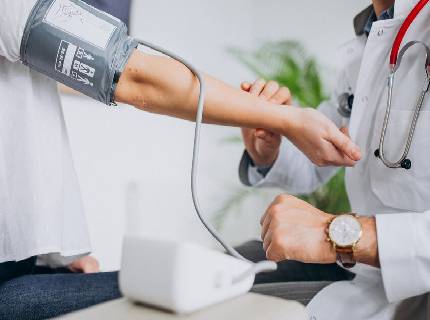Guide to Health Checkup (General)
Importance of Regular Health Checkups
Regular health checkups are essential for maintaining overall well-being and preventing potential health issues. These comprehensive assessments help identify risks early, enabling timely intervention and better health outcomes.

What is a General Health Checkup?
A general health checkup involves a series of assessments designed to evaluate your overall health status. It typically includes:
Physical Examination: A thorough evaluation by a healthcare professional to check vital signs, such as blood pressure, heart rate, and respiratory rate.
Medical History Review: Discussion of your medical history, family health history, and any current health concerns or symptoms.
Laboratory Tests: Blood tests, urine tests, and other diagnostics to assess key health indicators, including cholesterol levels, blood sugar, and organ function.
Why Are Regular Checkups Important?
Early Detection: Many health issues, such as hypertension, diabetes, and certain cancers, can be asymptomatic in their early stages. Regular checkups help catch these conditions early when they are most treatable.
Prevention: Health checkups provide an opportunity for preventive care, including vaccinations and screenings tailored to your age, gender, and risk factors.
Management of Chronic Conditions: For those with existing health conditions, regular checkups are vital for monitoring and managing their health effectively.
Health Education: During checkups, healthcare providers can offer valuable advice on lifestyle changes, nutrition, and exercise to improve your overall health.
Building a Health Relationship: Regular visits foster a strong relationship with your healthcare provider, ensuring personalized care and trust.
Recommended Frequency of Checkups
Adults (Ages 18-39): Every 1-3 years, depending on individual health factors.
Adults (Ages 40 and Older): Annually or as advised by your healthcare provider, especially if you have risk factors for chronic diseases.
What to Expect During a Checkup
Vital Signs Measurement: Checking blood pressure, heart rate, and temperature.
Physical Assessment: Examination of the heart, lungs, abdomen, and other systems as necessary.
Laboratory Tests: Blood and urine tests to assess health metrics.
Discussion of Health Goals: Conversations about lifestyle changes, preventive measures, and any concerns you may have.
